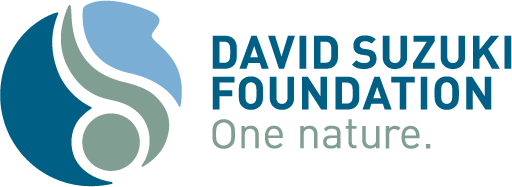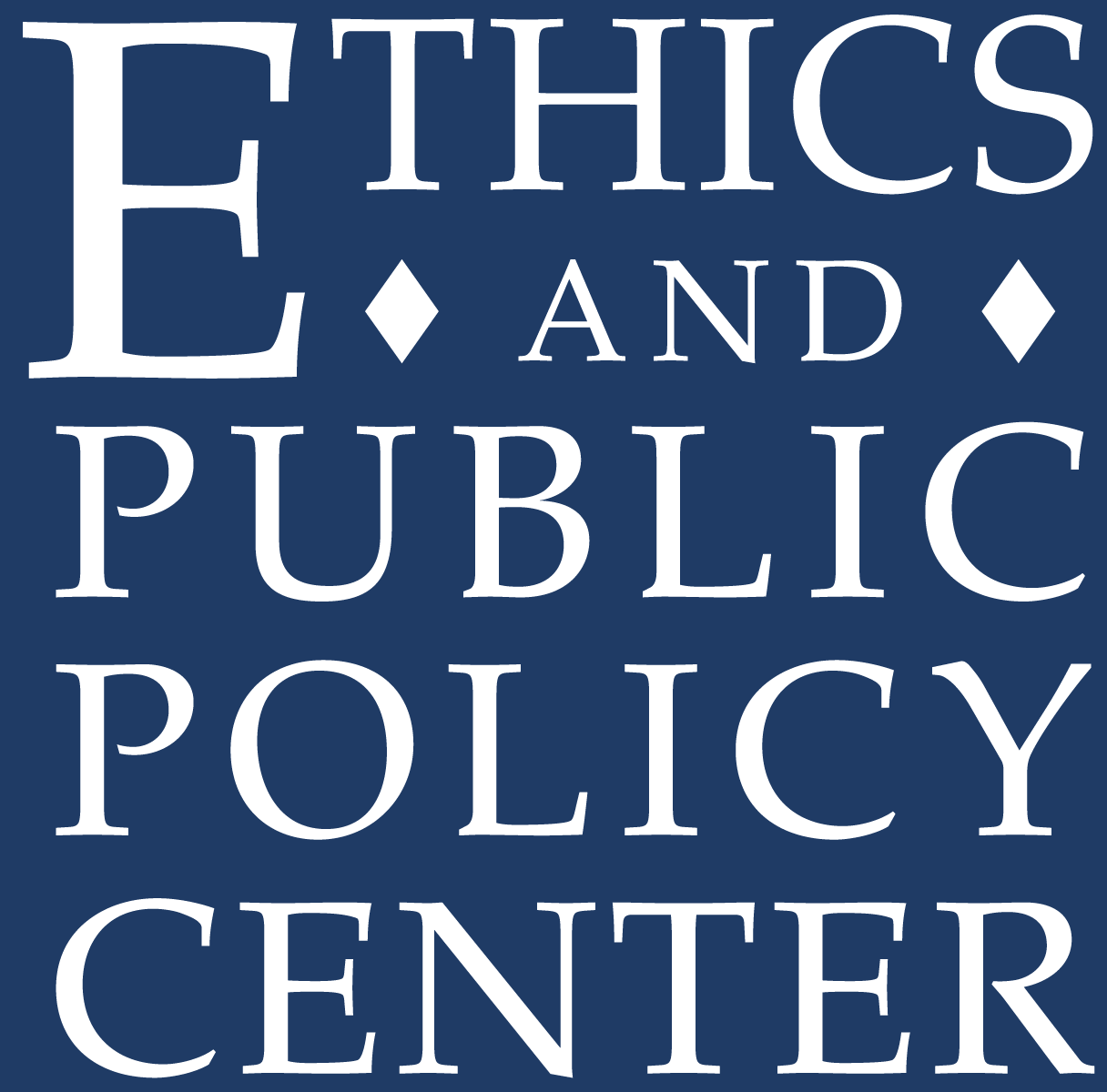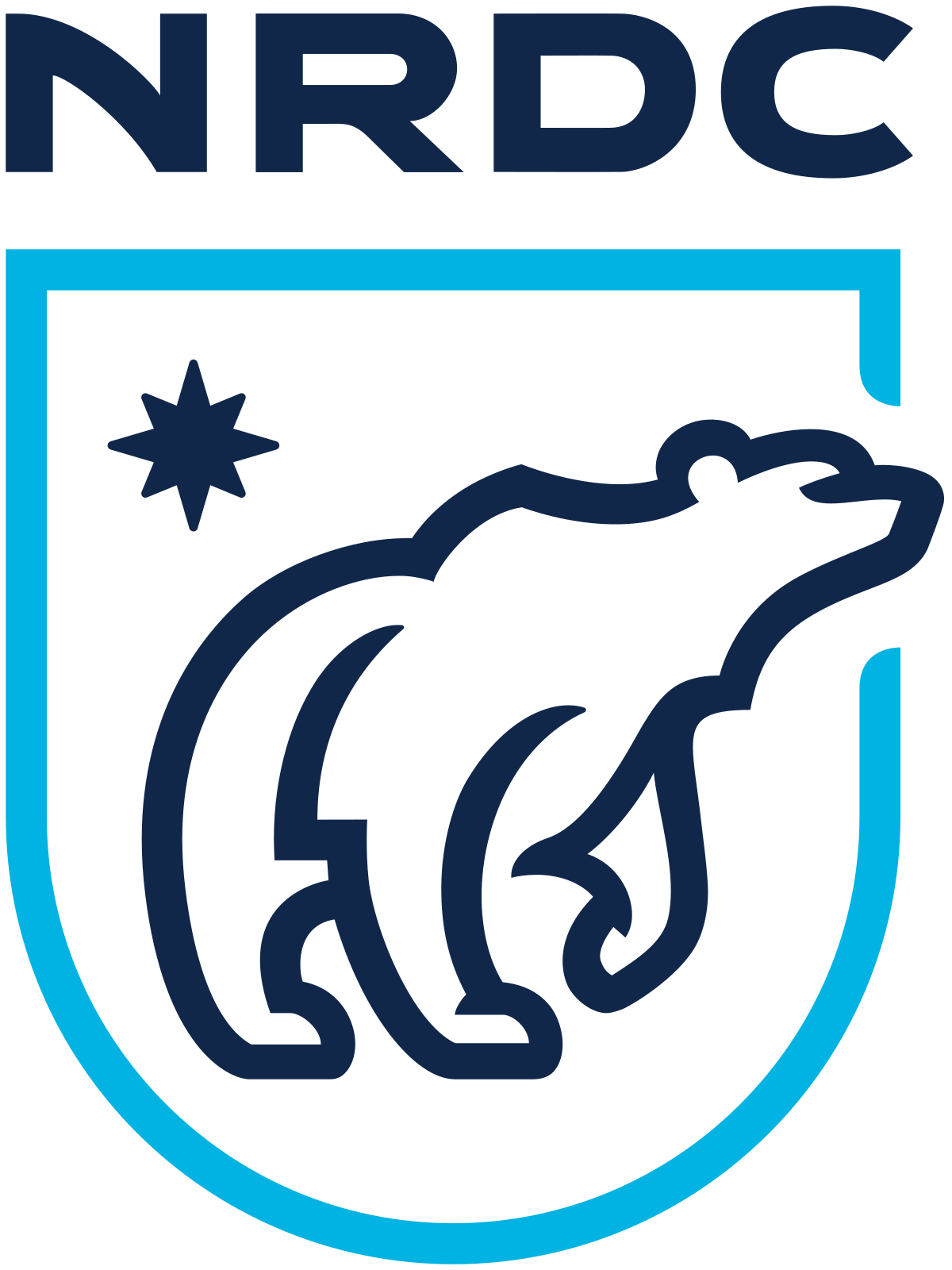Company Directory - Greenpeace International
Company Details - Greenpeace International

Greenpeace International
WebsiteGreenpeace International is a non-governmental environmental organization that focuses on addressing pressing global environmental issues, including climate change and deforestation. It is known for its direct action, lobbying, and research efforts to bring attention to these problems and advocate for sustainable solutions.
CCI Score
CCI Score: Greenpeace International
66.95
-0.24%
Latest Event
Greenpeace International Condemns Trump Administration's Deep Sea Mining Permit
Greenpeace International senior campaigner Louisa Casson criticized the Trump administration's decision to fast-track a deep sea mining permit for The Metals Company, arguing that it flagrantly disregards international law and scientific consensus. Greenpeace calls on governments to uphold multilateral rules and protect environmental integrity.
Take Action
So what can you do? Support Greenpeace by shopping, spreading the word, or offering your support.
- Shop Alternatives
SEE ALL - Use Your Voice
OTHER TOOLS - Investigate
- Share the Score
SUPPORT CCI
LEADER
Greenpeace International is currently rated as a Leader.
Latest Events
 APR302025
APR302025Greenpeace International senior campaigner Louisa Casson criticized the Trump administration's decision to fast-track a deep sea mining permit for The Metals Company, arguing that it flagrantly disregards international law and scientific consensus. Greenpeace calls on governments to uphold multilateral rules and protect environmental integrity.
 MAR212025
MAR212025Greenpeace International was ordered to pay over $660 million in a SLAPP lawsuit related to its role in organizing protests at the Dakota Access Pipeline site near Standing Rock. The organization, which maintains it played a limited role, vowed to challenge the ruling, highlighting concerns that such legal actions may be used to silence activism and deter public dissent.
+75
Public and Political Behavior
April 29
Greenpeace International's continued advocacy in the face of a massive SLAPP lawsuit underscores its commitment to public protest and democratic engagement. Despite the heavy fine, their stance and planned legal challenge represent a defiant stand against efforts to silence dissent, thereby supporting anti-authoritarian and anti-fascist principles.
+50
Economic and Structural Influence
April 29
The legal ruling imposing a massive financial penalty on Greenpeace is seen as part of a broader trend where economic pressures and misuse of the legal system are deployed to stifle legitimate dissent. Greenpeace’s intention to fight the ruling reinforces a resistance against such authoritarian tactics.
 MAR202025
MAR202025A U.S. jury in North Dakota ordered Greenpeace to pay $660 million to fossil fuel company Energy Transfer over defamation linked to protests against the Dakota Access Pipeline from 2016-2017. Amnesty International warned that this verdict sets a dangerous precedent that could chill free speech, association, and peaceful protest, particularly impacting Indigenous Peoples and environmental defenders.
+80
Public and Political Behavior
April 29
The verdict is viewed as a strategic lawsuit against public participation (SLAPP) aimed at stifling dissent and curtailing environmental activism. From an anti-fascist perspective, this legal action exemplifies pressures used to suppress free speech and protest, thereby undermining democratic rights. Greenpeace’s activism, even when legally challenged, remains a positive force against authoritarian suppression.
 MAR202025
MAR202025A North Dakota jury ordered Greenpeace International to pay $660 million in damages related to protests over the Dakota Access Pipeline. Critics have labeled the lawsuit as a textbook SLAPP—designed to suppress dissent and stifle free speech. Greenpeace, contesting the charges and vowing to appeal while counter-suing Energy Transfer in the Netherlands, remains committed to its environmental advocacy.
+50
Public and Political Behavior
April 29
The legal verdict has been widely criticized as part of a deliberate strategy using SLAPP tactics to silence environmental activism and dissent. Despite the significant financial penalty, Greenpeace’s decision to appeal and counter-sue underscores its commitment to anti-authoritarian and progressive protest, scoring positively in Public and Political Behavior.
 FEB242025
FEB242025On February 24, 2025, a trial began in North Dakota against Greenpeace following a $300 million SLAPP suit filed by fossil fuel giant Energy Transfer. The suit accuses Greenpeace of inciting illegal activity during protests against the Dakota Access Pipeline, aiming to silence environmental activism and intimidate dissent.
+80
Public and Political Behavior
April 29
This event highlights an authoritarian effort by Energy Transfer to use a SLAPP suit to intimidate and silence a leading environmental advocate. Greenpeace’s work in promoting environmental justice and protecting free speech is underscored by being targeted in this manner. Such targeting by powerful corporate interests is viewed positively as it reinforces Greenpeace's commitment to fighting authoritarian suppression and defending the rights of activists and marginalized communities.
 AUG272024
AUG272024On August 27, 2024, in Honolulu, Greenpeace USA released a detailed report exposing severe labor abuses and unsustainable practices within the tuna industry, highlighting failures by major US retailers. The report calls for robust regulatory reforms to protect ocean workers and enforce ethical sourcing practices.
+80
Public and Political Behavior
April 29
Greenpeace's public release of this report and the accompanying press conference demonstrate a strong commitment to political activism, challenging corporate and regulatory failures in upholding human rights and environmental standards. The organization's direct call for policy intervention reflects an anti-authoritarian stance by advocating transparency and accountability.
+80
Labor Relations and Human Rights Practices
April 29
By documenting and publicizing forced labor and inhumane conditions in the tuna supply chain, Greenpeace is advocating for the rights and safety of vulnerable ocean workers, and pressing for higher ethical standards in labor practices. This action aligns with progressive and anti-fascist values by directly challenging exploitative business practices.
 OCT012023
OCT012023The Financial Times reports that New Delhi has tightened controls on foreign funding for Greenpeace India, representing part of a broader government crackdown on environmental groups. This move is widely interpreted as an attempt by an increasingly authoritarian regime to limit the influence of organizations that challenge state policies, even as Greenpeace continues its progressive environmental and social activism.
+70
Public and Political Behavior
April 29
The report highlights that Greenpeace is being targeted by state measures designed to restrict its foreign funding. From an anti-authoritarian perspective, this crackdown underscores the repressive tactics employed by governments to silence dissenting voices. Greenpeace’s continued role in championing progressive causes in the face of such pressure scores positively within the 'Public and Political Behavior' category.
 NOV012021
NOV012021Greenpeace International released a report through its Greenpeace Germany branch, highlighting the shortcomings of voluntary detox initiatives in the fashion industry. The report indicates that while some brands have made progress in eliminating hazardous chemicals, most voluntary efforts fall short and do little to address issues such as excessive textile production and greenhouse gas emissions. Greenpeace calls for regulatory measures to enforce corporate supply chain responsibility across the entire fashion sector.
+80
Public and Political Behavior
April 29
The report represents a strong public and political stance, calling for mandatory regulation over voluntary commitments in the fashion industry. This advocacy promotes accountability and transparency, challenging corporate practices that contribute to environmental and social harm, and supports anti-authoritarian, democratic oversight.
+70
Economic and Structural Influence
April 29
By demanding regulatory reform to enforce corporate supply chain responsibility, Greenpeace is advocating for structural change that limits corporate evasion and fosters accountability. This effort aims to reshape the economic framework and reduce undue corporate influence over environmental and human rights policies.
Alternatives

Los Angeles, United States
69.26

Vancouver, Canada
68.56

United Kingdom
61.02

Gland, Switzerland
16.35

Washington, D.C., United States
-34.07

Corporation
65.69

Corporation
64.30

Corporation
60.00

Corporation
48.88

Corporation
14.92
Industries
- 813312
- Environment, Conservation and Wildlife Organizations
- 813319
- Other Social Advocacy Organizations
- 924110
- Administration of Air and Water Resource and Solid Waste Management Programs